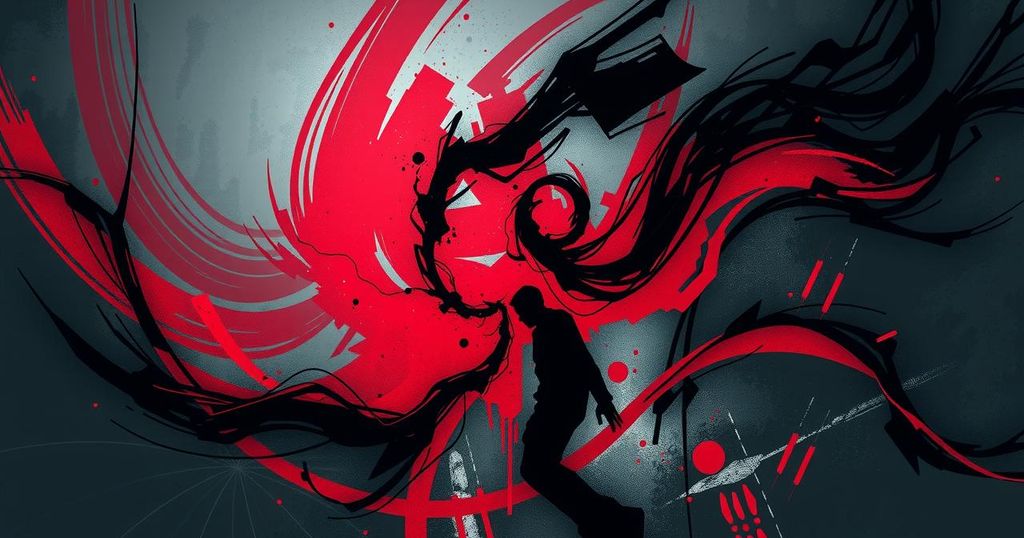Belgium is funding organizations that deny the 1994 Genocide against the Tutsi in Rwanda, as stated by Jean-Damascène Bizimana. He criticized Belgium’s Deputy Prime Minister for claiming adherence to international law while overlooking domestic genocide denial. The ongoing tensions led Rwanda to sever diplomatic ties with Belgium, highlighting the complex interplay between historical grievances and current geopolitical conflicts. The article emphasizes the need for accountability and challenges surrounding genocide narratives.
Belgium’s funding of organizations denying the 1994 Genocide against the Tutsi in Rwanda has been highlighted by Jean-Damascène Bizimana, Rwanda’s Minister of National Unity and Civic Engagement. He criticized Belgian Deputy Prime Minister Maxime Prevot’s assertions about Belgium’s commitment to countering genocide denial, pointing out the country’s financial support for groups like CLIIR and JAMBO ASBL, which are associated with supporters of the genocide perpetrators.
Bizimana remarked that notorious figures linked to these organizations include Joseph Matata and descendants of the PARMEHUTU party founders, as well as children of convicted genocide perpetrators. He noted that Belgium, despite its rhetoric on international humanitarian law, has failed to prosecute local genocide deniers, highlighting examples like Peter Verlinden and Father Serge Desouter.
The minister emphasized Belgium’s lack of action regarding the FDLR group, which continues to pose a threat despite UN Resolution 2150 calling for measures against it. He criticized Belgium’s reluctance to confront the DRC government regarding its alliances with FDLR and their involvement with mercenaries, an act which violates international conventions.
In a poignant reflection, journalist Linda Melvern pointed to the enduring danger of genocide denial, stating that genocidal forces persist in their motives, with implications that deny victims their rightful acknowledgment. Her recent work underscores how denial narratives frequently shift the burden of responsibility away from perpetrators and misrepresent historical events.
On March 16, President Paul Kagame urged Belgium to desist from interfering in Rwandan affairs, underscoring Belgium’s colonial past that has contributed to regional instability. Following this tension, Rwanda severed diplomatic ties with Belgium and expelled Belgian diplomats due to escalating conflicts influenced by Belgian actions and their alignment with the DRC government.
The EU recently sanctioned Rwandan military officers linked to the Congolese rebellion, amidst accusations of exploitation of the DRC’s resources. This led Kagame to decry what he called “baseless sanctions” fueled by Belgium, pointing out the irony in those responsible for the conflicts calling for punitive measures against Rwanda.
This complex landscape represents the intertwining of historical grievances with current geopolitical narratives, showcasing the ongoing struggle for justice and accountability regarding the genocide against the Tutsi and the responsibilities of nations in international law enforcement.
The article highlights Belgium’s controversial funding of organizations that deny the 1994 Rwandan Genocide, as stated by Rwanda’s Minister of National Unity. This situation underscores apparent contradictions between Belgium’s stated commitments to humanitarian law and its actions in supporting genocide denial. Furthermore, the ongoing diplomatic tensions between Rwanda and Belgium, accentuated by the broader context of the DRC conflict, emphasize the complex interplay of historical and contemporary issues surrounding genocide and international relations. Additionally, the stances of both local and international figures spotlight the persistent challenges surrounding the legacy of genocide and accountability in Rwanda and beyond. The calls for addressing these issues reflect a critical need for a comprehensive examination of narratives about past atrocities and current political dynamics.
Original Source: www.newtimes.co.rw






